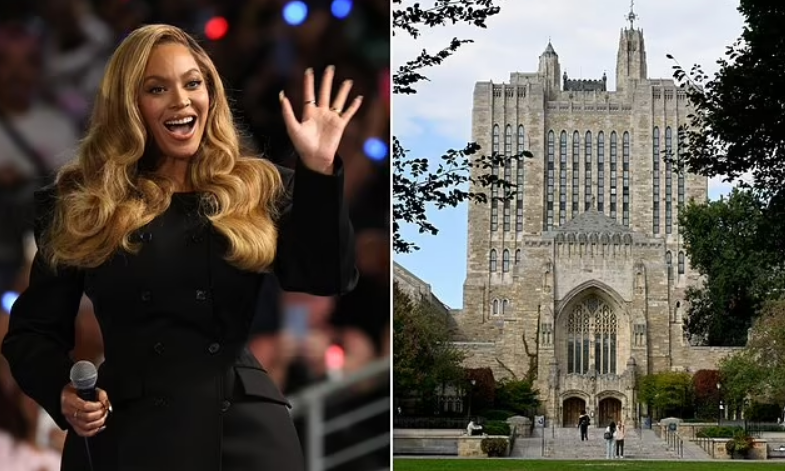Yale Announces ‘Beyonce’ Class
On The Alex Marlow Show this week, Breitbart’s Editor-in-Chief Alex Marlow didn’t hold back his critique of Ivy League institutions like Yale University, specifically calling out a planned course on Beyoncé as an example of what he sees as a trend toward academic “degradation.”
Marlow highlighted Yale’s recently announced “Beyoncé Makes History” course, which is set to launch in 2025, as a reflection of the evolving focus of Ivy League curricula—a shift that he argues moves away from traditional academics and veers toward pop culture and progressive ideology.
Marlow expressed incredulity over what he called the “debasing” of Ivy League institutions, adding, “Do the Ivy Leagues know that they degrade themselves?” Marlow’s comments align with a larger critique often voiced by conservatives, which is that higher education institutions are increasingly prioritizing left-leaning content over classic, foundational subjects.
He argued that universities like Yale are fostering a culture of “leftism” that then “infects our cities,” suggesting that these ideological trends don’t just stay on campus but spread into society at large.
Marlow’s comments reflect a growing debate about the role of universities in society and their responsibility to either preserve traditional academic rigor or adapt to new cultural and social frameworks. On one side, there are voices like Marlow’s who believe universities have a responsibility to prioritize subjects that build critical thinking and foundational knowledge rather than offering courses focused on pop culture icons.
On the other side, proponents of these courses argue that figures like Beyoncé represent significant cultural phenomena and influence, which are worthy of study in understanding modern history, art, and social movements.
Yale’s Beyoncé course joins a trend of pop culture-focused classes at various institutions, with universities increasingly exploring the cultural impact of musicians, actors, and artists on society. These courses are often framed as a way to engage students in critical analysis of identity, representation, and influence in modern media.
While many students and educators see value in these offerings, critics argue that they detract from the core mission of higher education, which traditionally emphasized a broader base of historical, philosophical, and scientific knowledge.
For Marlow and other critics, the concern extends beyond specific course topics; it’s about the broader direction of higher education and the influence it has on young adults who emerge from college with strong opinions shaped by these curricula.
Marlow’s critique calls attention to the potential long-term implications of a system where pop culture is central to academic inquiry, and he sees the move as emblematic of a deeper ideological shift that he believes dilutes traditional academic values.


